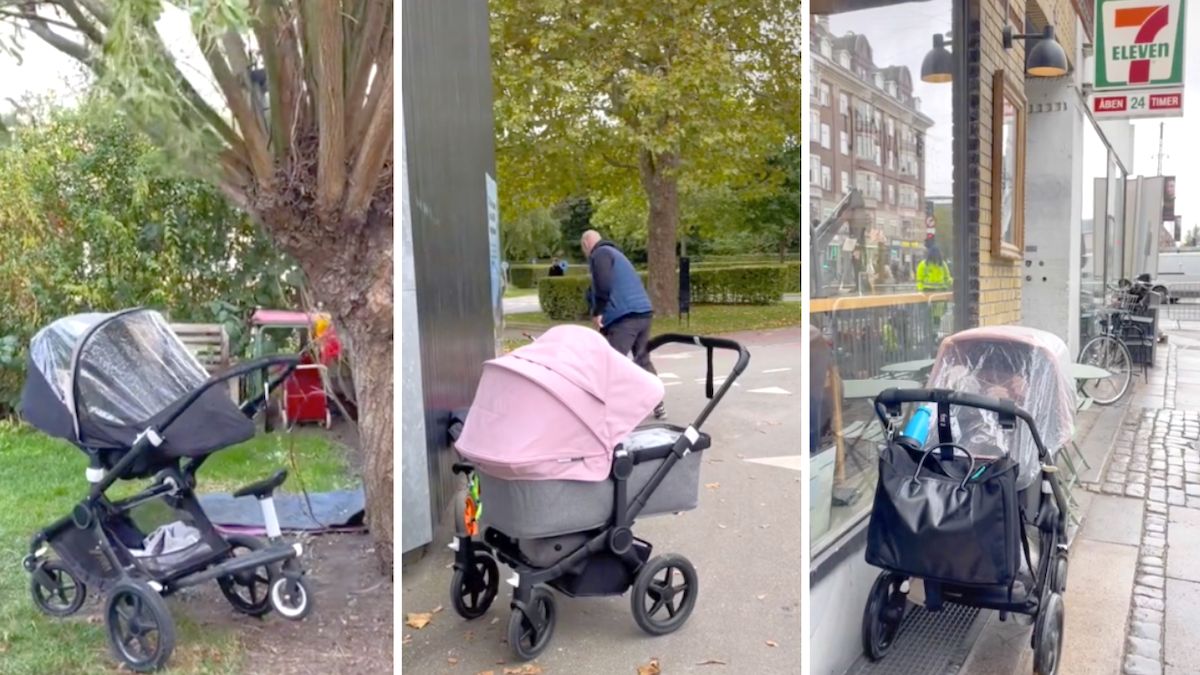
Trust in Denmark
Throughout my stay in Denmark, I realize how much the Danes truly pride themselves with their concept of trust and trustworthy community. For instance, several times throughout my study abroad journey in Copenhagen I have seen many babies left outside all alone in their carriages as their parents enjoy shopping or having a meal at a restaurant. I had always been very curious as to how Danes were able to sustain such an honest and honorable society. After doing some research and learning further information from my Danish language and culture professor, I have been able to figure out part of what developed Denmark to have this freedom and dependability within their community.
The Danish co-operative movement (which arose among peasants in the late 19th century) was built on a micro-foundation of trust and social capital among neighboring farmers, and the movement further expanded the stock of society-level social capital, which also strongly influenced the later political and institutional development in Denmark with positive consequences for social trust. There have been several studies that have shown that citizens in more economically equal societies also tend to have higher levels of trust due to having a stronger sense of community among the citizens in
these societies and by having barely any form of inequality. This leads to reducing the potential gains of people engaging in untrustworthy or inadequate behavior. Humans go through experiences at certain times in their lives and experiences during childhood and adolescence which can leave a lasting mark on their trust in humans. Institutional quality is also extremely important for the development of trust in Denmark. There should always be equal treatment of citizens. Politicians must behave in a trustworthy way, if they do not behave in an incorrupt way, this can send the idea that this type of behavior is not widespread in the population, thus leading to a loss of trust within the society. The trustworthy culture in Denmark can also be explained by the amazing and supportive free education provided for every single Dane. The younger and higher educated citizens are replacing older and less well-educated cohorts, and the improved institutional quality with subsequent increases in institutional trust.
In fact, in 2016 Bernie Sanders came out with a statement that mentioned how he was extremely impressed by the way that Danes live in such a trustworthy society with no issues of economic insecurities. Denmark is not a government controlled economy and Danish citizens have a higher comfort level in government than in the United States. There is also a smaller economic wealth gap in Denmark. Instead of promoting a system which allows a few to have enormous wealth, they have developed a system which guarantees a strong minimal standard of living to all – including children, elderly and the disabled. The way that Denmark has been able to create strong unions is something that Bernie is in strong support of. However, something to take into consideration is how the corporate tax is much lower in the US. There is no minimum wage in Denmark, and that is something that we need in the US but Denmark doesn’t need the minimum wage because workers are paid high salaries through strength in labor unions. Pointing out these differences between countries definitely puts into perspective on how the Danes are able to live such different lives than Americans.
